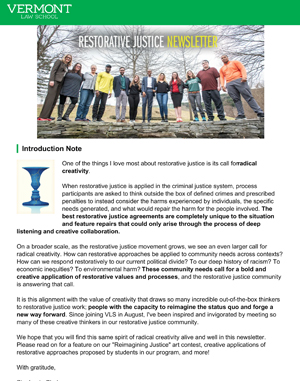About This Class
This course examines the unique body of law governing “Indian country,” the geographic areas recognized by the federal government as the homelands of sovereign American Indian tribes, and tribal environmental authority over those areas. Major topics include the history of federal-tribal relations, tribal property and land rights, tribal court systems, and the balance of governmental power between tribes, states, and the federal government. Particular attention will be devoted to understanding the legal framework that supports the tribes’ role as governmental steward of the natural world, including powers derived from the tribes' inherent sovereign authority and rights stemming from treaties and federal statutes. These include topics related to mineral development (and oil and gas specifically), water rights, and other natural resource rights, as well as tribal initiatives to address general environmental topics like climate change. The course will include a close examination of treaty-based fishing rights and federal environmental statutes that accord tribes a role as governmental partners in the implementation of federal environmental programs (for example, the Clean Water Act, the Clean Air Act, and the Safe Drinking Water Act). There are no prerequisites for this course. It is an AWR course.



















